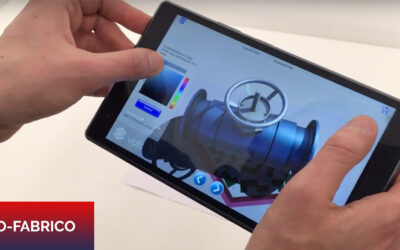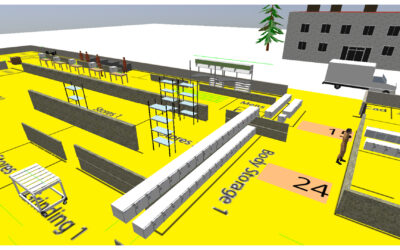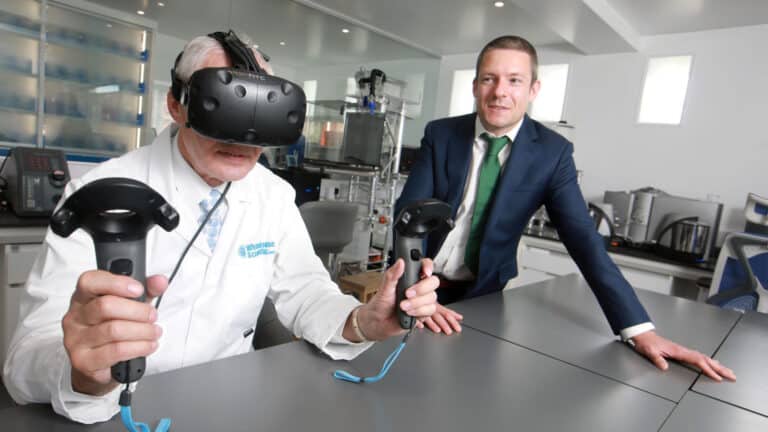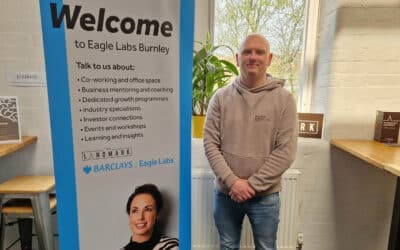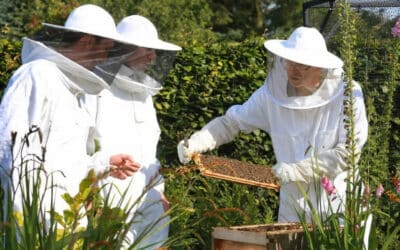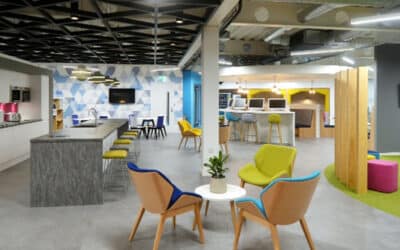The Virtual Engineering Centre (VEC) has worked alongside Whitehouse Scientific to convert a 19th century barn into a record-breaking laboratory.
VEC, which is part of the University of Liverpool worked with the calibrations standards firm to use VR and Simulation technology to see, predict and interact with the new lab before starting construction.
The end result is a state-of-the-art laboratory, with record-breaking energy efficiency and one of the lowest carbon footprints of any building in the UK.
“We had an existing barn on the property that we wanted to utilise and, although I have renovated several period buildings in the past, none had to incorporate a Rolls Royce engine and state-of-the art laboratory. The team at the Virtual Engineering Centre introduced us to simulate the lab environment to such a degree of accuracy that we were able to bring our plans to life and we believe we’ve built a cutting edge lab using cutting edge technology,” explained Dr Graham Rideal, CEO of Whitehouse Scientific.
“By using virtual reality and simulation techniques we were able to completely immerse ourselves in our designs, interacting with and troubleshooting our lab systems without wasted time or expenditure. We have created a state-of-the-art facility with unrivalled green credentials that still celebrates its history. We were even able to use cobbles salvaged from Liverpool’s Hope Street during the build of Liverpool One, which have added further character to the building.
“Our partnership with the Virtual Engineering Centre has begun our digital transformation journey and opened a number of doors for us. What started as a project to simulate a historic barn conversion into a state-of-the-art laboratory, has led to a digital and commercial roadmap that we believe puts Whitehouse Scientific Ltd at the frontier of robotic chemistry.”
The facility will house particle counting and filter testing – an area of increased demand since the beginning of the Covid-19 pandemic. It will also incorporate robotics and automation; artificial intelligence; and multi-modal immersion technologies.


